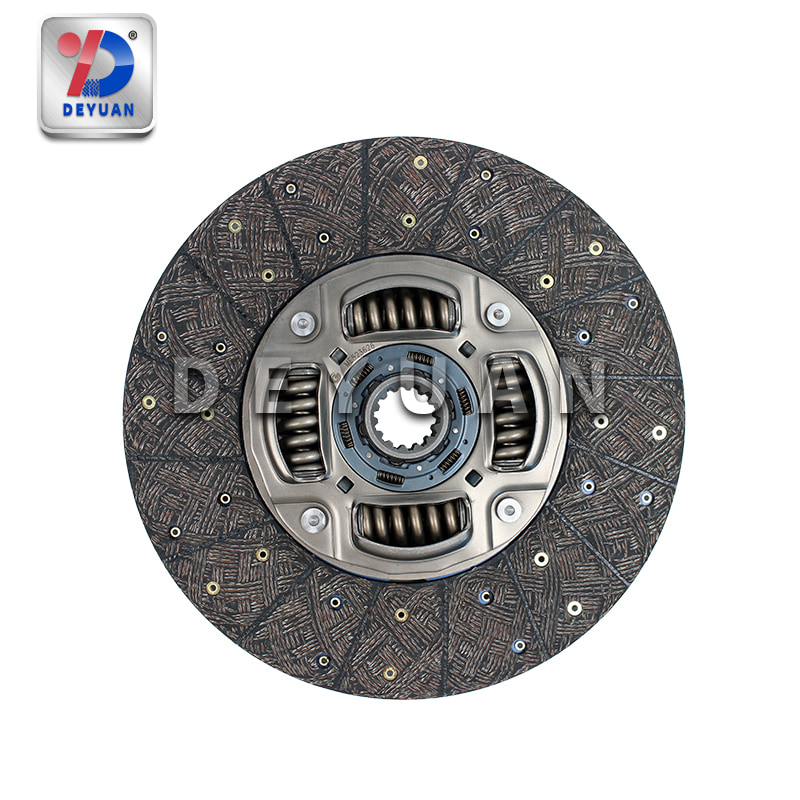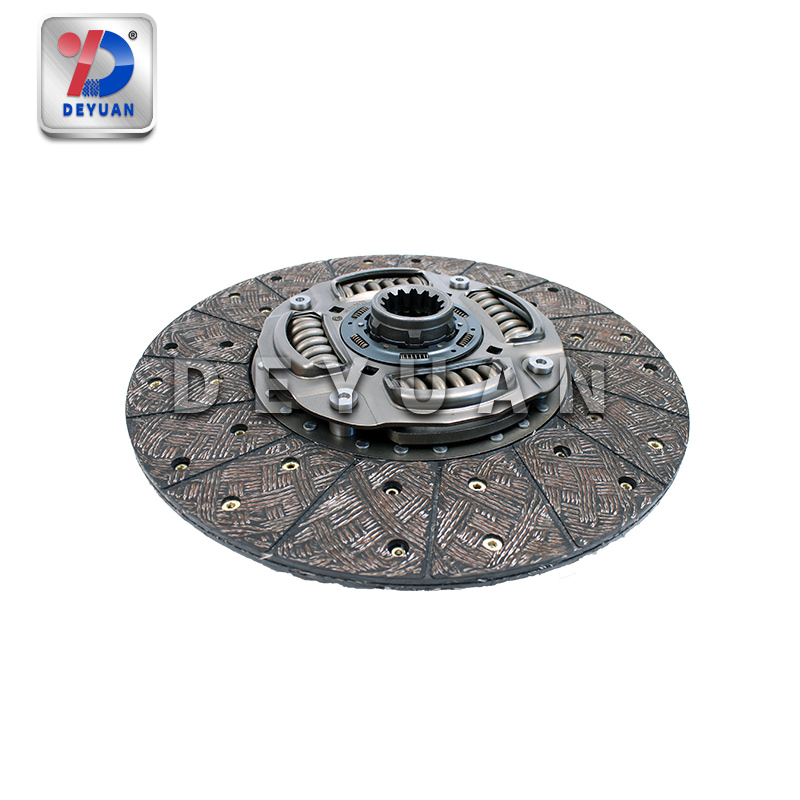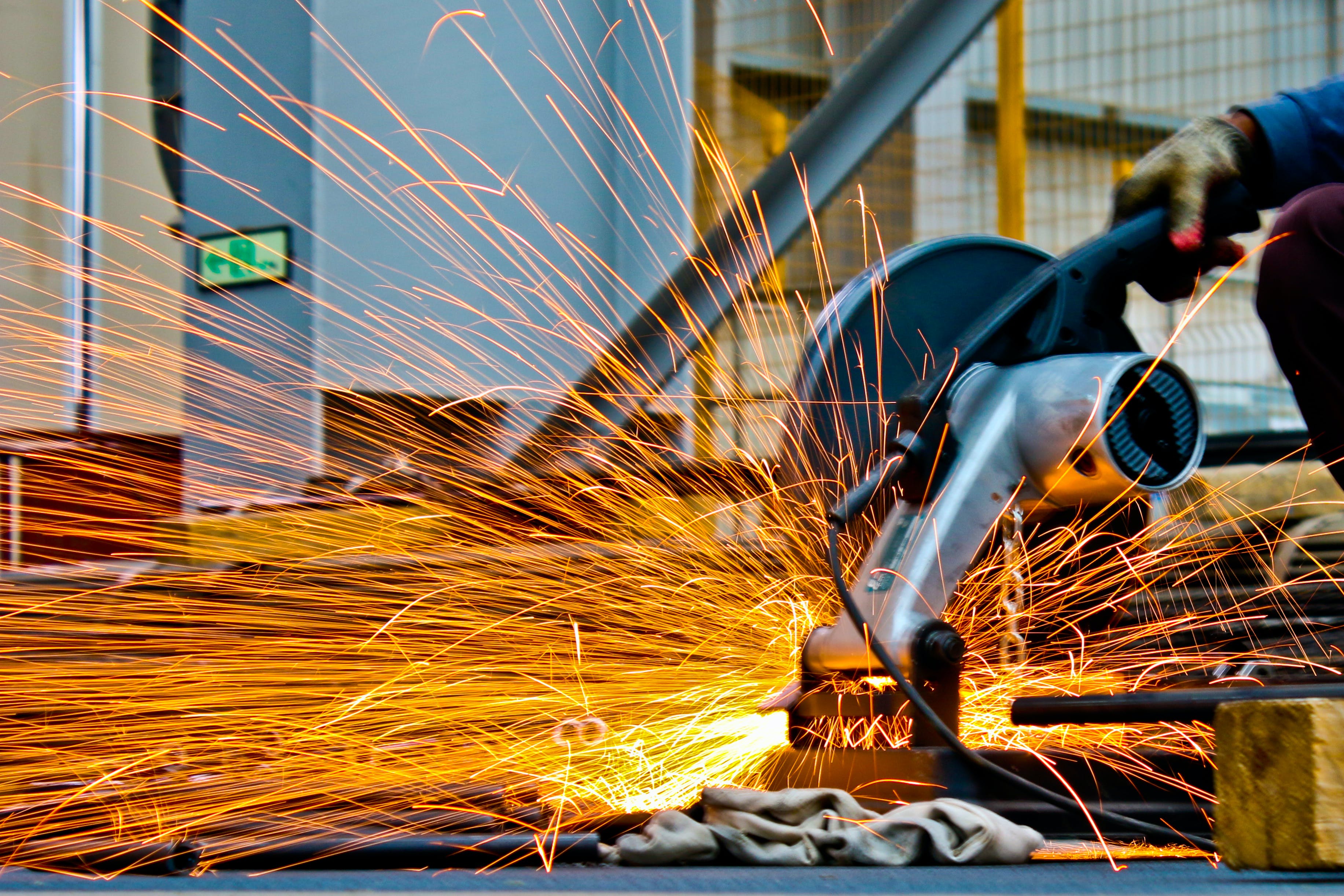The clutch is a crucial component in a vehicle, belonging to the transmission system and directly connected to the engine. Its presence ensures smooth starts and gear shifts. Within the clutch, there's a vital small part known as the clutch plate, which can be considered the heart of the clutch. The clutch pedal we press while driving actually controls the engagement and disengagement of this clutch plate.
The clutch plate is a composite material primarily designed for friction. As with any friction-based component, wear and tear are inevitable, leading to the question of its lifespan. There's no definitive answer to how long a clutch plate lasts since it depends on the vehicle's operating environment. For instance, a car frequently driven in congested areas will likely have a shorter clutch plate lifespan due to the frequent need to engage and disengage the clutch to control speed. In other words, higher usage frequency translates to shorter lifespan.

Given the variability in clutch plate lifespan, how can ordinary car owners determine when it's time for a replacement? Here are a few telltale signs:
- Needing to lift the clutch higher: If you find yourself having to lift your foot higher on the clutch pedal to engage gears compared to before, it's a sign that the clutch plate is significantly worn and needs replacing.
2. Delayed acceleration response: When you step hard on the accelerator expecting a surge of speed, but the car responds sluggishly, it indicates the clutch plate is worn to the point of slipping, reducing power transfer.
3. Noticeable power loss: While engine issues can also cause power loss, if your car struggles to accelerate, especially during starts and uphill climbs, despite the engine functioning normally, it's a sign of severe clutch plate wear and slipping.
4. Increased fuel consumption: While multiple factors can contribute to higher fuel consumption, if your car exhibits the above symptoms and fuel efficiency declines, it's likely due to the clutch plate. Replacing it could resolve the issue.

Replacing a clutch plate is a task that shouldn't be overlooked. While the cost of replacing just the clutch plate is relatively low, neglecting severe wear can lead to damage to the flywheel, resulting in much higher repair costs. So, stay vigilant and address clutch issues promptly.
